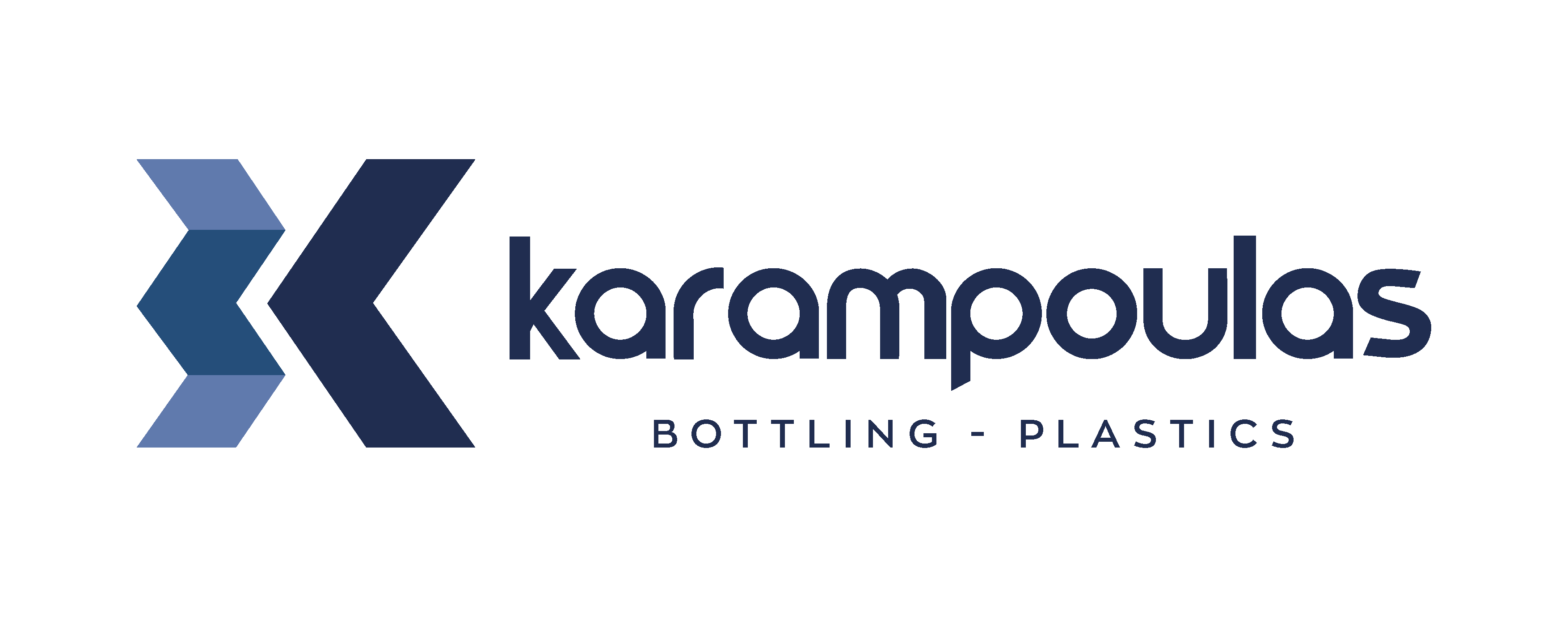With respect to the environment, customers’ requirements and European legislation
According national legislation which is harmonized with Directive 2019/904/EU aiming to minimize the impact of plastic packages to the environment, especially aquatic environment, and human health as well as promote a zero-waste circular economy, the company participates in the research project ‘Wastes-to-Biopolymers’. The project ‘Bioconversion of food industry wastes to biopolymers for packaging applications in a biorefinery concept, Wastes to Biopolymers’ http://wastes-to-biopolymers.gr/ is co‐financed by the European Union and Greek national funds through the Operational Program Competitiveness, Entrepreneurship and Innovation, under the call RESEARCH – CREATE – INNOVATE (project code:Τ1EDK-02822)
In-line with the national and European strategic goal for a zero-waste circular economy, the Wastes-to-Biopolymers project aims to develop environmentally friendly and economically feasible bioprocesses for the bioconversion of food industry wastes and residues into bioplastic products. In particular, emphasis will be placed on the utilization of liquid waste streams from the production of cheese products (cheese whey) and fruit and vegetable juices (sugar fractions) for the synthesis of fully biodegradable poly-hydroxy-alkanoates (PHAs). The produced biopolymers will be formulated into food packaging bioplastic products (plastic bottles, cups, etc.), completing the circular approach of the proposed technology.
As far as bottles manufactured by polyethylene terephthalate (pet), Directive 2019/904/EU doesn’t require abolishment of their disposal for food, drinks and alcohol packaging. However there will be the following restrictions concerning their production:
From 2025 all pet bottles will contain at least 25% recycled plastic
From 2030 all pet bottles will contain at least 30% recycled plastic

